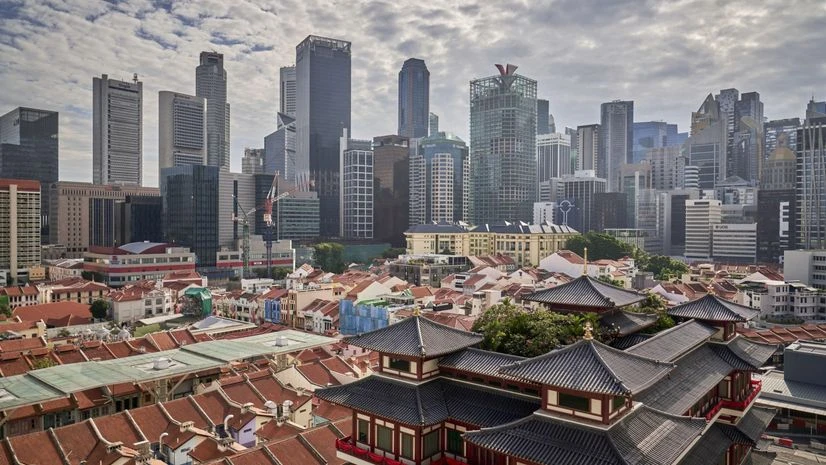By Philip J Heijmans and Low De Wei
Singapore’s government will get powers to block takeovers of key entities, including those that act against national security interests and change ownership or control in the two years before a proposed new law comes into effect.
The proposed Significant Investments Review Bill, expected to be enacted next year, would require buyers to get approval before holdings in “designated entities” reach significant thresholds including 25% or 50%, the Ministry of Trade and Industry said Friday.
Under the new law, “where an entity has acted against Singapore’s national security interests, any change in the ownership or control of the entity within two years prior to the act may be reviewed,” the ministry said Saturday in response to queries. “The review process applies to any entity, not just designated entities.”
The Asian financial hub, which has long attracted investment due to the ease of doing business, is navigating a delicate balance in maintaining cordial ties with both China and US amid growing tensions between the global superpowers.
The city-state already relies on a range of laws to monitor and manage entities in sectors such as telecommunications, banking and utilities. The new bill, if passed, would be implemented in 2024 and seeks to widen the scope to any entity that is incorporated, operates or provides goods or services in Singapore.
More From This Section
“In an increasingly competitive world, there are increasing numbers of actors, both state and non-state, who will seek to advance their own interests and influence those of other countries,” said Nicholas Fang, director of security and global affairs at the Singapore Institute of International Affairs. Those tools can include military conflict or economic leverage, he added.
Australia, China, Japan, the UK and the US have similar investment regimes to safeguard strategic sectors, including artificial intelligence, production of semiconductors, cybersecurity, aerospace, or energy. While Singapore didn’t specify the sectors, Minister for Trade and Industry Gan Kim Yong said he expects only a handful of critical entities to be designated under this bill. A list of the designated entities will be published after the law is enacted, the ministry said.
Under the new law, designated entities will be subject to controls, including approval for change in ownership and appointment of key officers, the MTI said.
“It is critical for Singapore to remain open and connected to the world, and as such we must continually strengthen our position as a trusted hub for businesses to invest with confidence,” Gan said.

)
